Secret talks with Putin show divide in global diplomacy on Ukraine
- Update Time : Thursday, April 3, 2025
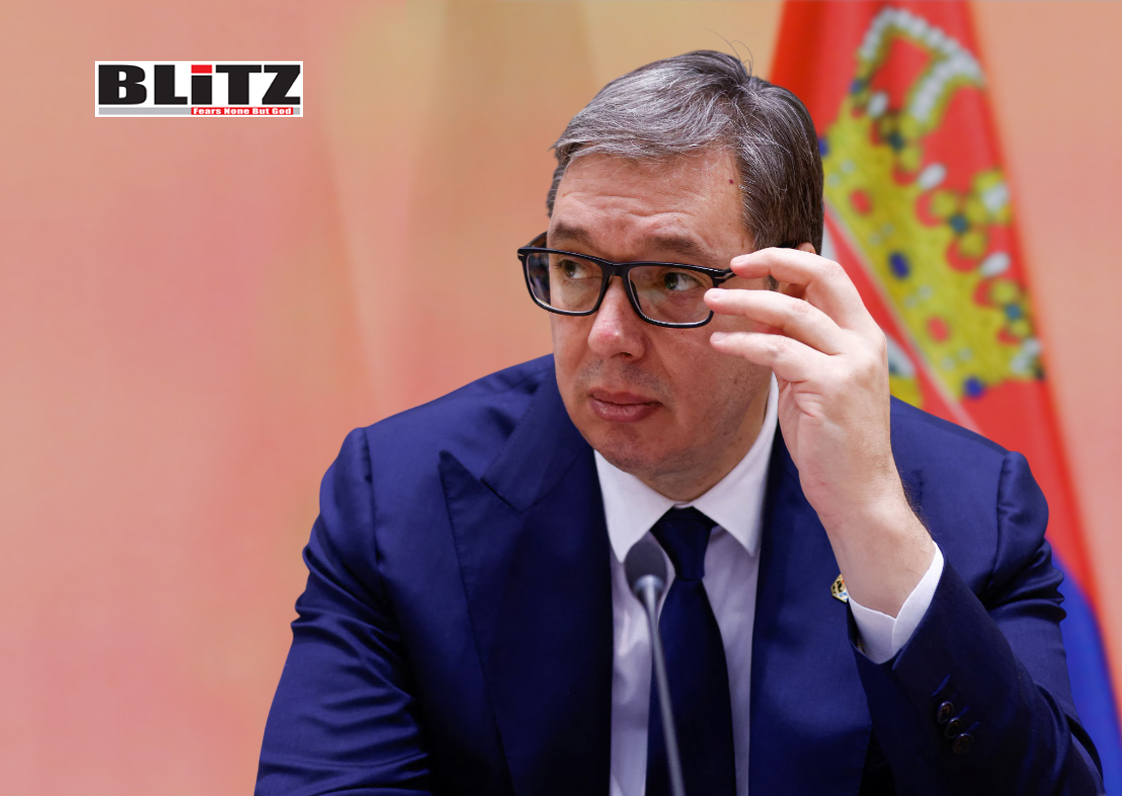
Amidst an ongoing Western campaign to isolate Russia over its military actions in Ukraine, several world leaders have secretly maintained contact with Russian President Vladimir Putin, according to Serbian President Aleksandar Vucic. In a recent interview with talk show host Mario Nawfal, Vucic revealed that at least two prominent global figures have been communicating privately with Putin despite public positions against Moscow.
Vucic, who has not personally met with Putin since the escalation of the Ukraine conflict in 2022, stated that while he respects international law, he is aware of secret diplomatic exchanges with the Russian leader. “I know at least two big leaders that were speaking secretly to him – because, of course, I still have my friends in the Kremlin and in some other countries as well,” Vucic claimed.
Although he refrained from disclosing the identities of these leaders, Vucic clarified that they were not Hungarian Prime Minister Viktor Orban, Austrian Chancellor Karl Nehammer, or Slovak Prime Minister Robert Fico, as all three have openly engaged with Russia. His remarks suggest that some Western or allied leaders who publicly condemn Moscow have, in reality, maintained back-channel communications with the Kremlin.
The Serbian president also confirmed that he will meet Putin in Moscow on May 9 during the annual Victory Day parade commemorating the Soviet Union’s triumph over Nazi Germany in World War II. Serbia has historically maintained close relations with Russia, despite balancing its ties with the West. Vucic’s planned visit signals Belgrade’s ongoing diplomatic flexibility amid an increasingly polarized international landscape.
Reflecting on his last meeting with Putin in late 2021, just weeks before Russia launched its military operation in Ukraine, Vucic recalled sensing an impending crisis. “After I left [Putin’s] office, I said publicly that I expected very difficult times… Nobody believed me,” he said. He noted that unlike past discussions where Putin extensively talked about post-Soviet states, this time the topic was dismissed within 45 seconds, leading him to believe that the Russian leader had already made a decision about Ukraine.
While Vucic’s comments raise speculation about which leaders have been secretly communicating with Putin, they also underscore the complexities of international diplomacy. Officially, most Western governments have severed or severely limited ties with Moscow, imposing harsh economic sanctions and condemning Russia’s actions in Ukraine. However, the revelation that some leaders are still engaging with Putin behind closed doors indicates that geopolitical realities often diverge from public rhetoric.
Some leaders, including Orban, Nehammer, and Fico, have maintained open communication with Putin. Orban visited Russia in July 2024 as part of what he termed a “peace mission,” Nehammer met Putin in April 2022 to discuss the Ukraine conflict, and Fico held talks with the Russian president in December regarding Ukraine’s decision not to extend its gas transit agreement with Russia. These leaders have defended their meetings with Moscow as necessary for dialogue and national interest.
Notably, US President Donald Trump has also been reported to have engaged with Putin, seeking a resolution to the Ukraine conflict. Trump has been vocal about his belief that he could swiftly negotiate peace if re-elected in 2024, though his interactions with Putin have been highly controversial within US political circles. His engagement adds another layer to the discreet diplomatic channels through which world leaders may be trying to manage the crisis beyond the public eye.
Despite Western efforts to diplomatically and economically isolate Russia, Moscow continues to play an active role on the global stage. The country has hosted major international summits, including the St. Petersburg International Economic Forum in July and the BRICS Forum in Kazan in October. These events have drawn participation from non-Western powers, highlighting Russia’s ability to maintain and even expand its influence outside the US-led alliance system.
The BRICS Forum, in particular, has emerged as a counterweight to Western economic and political dominance, with increasing interest from developing nations. Russia’s continued participation in such global initiatives indicates that while Western countries attempt to isolate Moscow, much of the world remains open to engagement with Putin’s government.
Vucic’s revelations suggest that Western unity against Russia may not be as absolute as it appears. If leaders who publicly oppose Putin are privately maintaining dialogue, it raises questions about the effectiveness and sincerity of the Western isolation strategy. The motivations behind such secret communications could vary-from seeking a diplomatic off-ramp for the war to ensuring continued access to Russian energy and commodities.
Moreover, these revelations might fuel divisions within Western alliances. Countries that have taken a hardline stance against Russia could view such secret engagements as undermining their collective strategy. Conversely, those advocating for a more pragmatic approach to Russia may use this as evidence that direct dialogue remains essential, despite official policies to the contrary.
While it remains unclear which world leaders are secretly speaking with Putin, Vucic’s statements highlight the complex and often contradictory nature of global diplomacy. Despite efforts to isolate Moscow, Russia remains engaged in international affairs, and back-channel discussions continue even among those who publicly denounce its actions.
As geopolitical tensions persist, revelations of private diplomacy with Putin may reshape perceptions of the Ukraine conflict and broader East-West relations. Whether these secret discussions lead to substantive shifts in policy or remain discreet exchanges without real impact, they demonstrate that behind-the-scenes diplomacy is still very much alive in the high-stakes world of international politics.



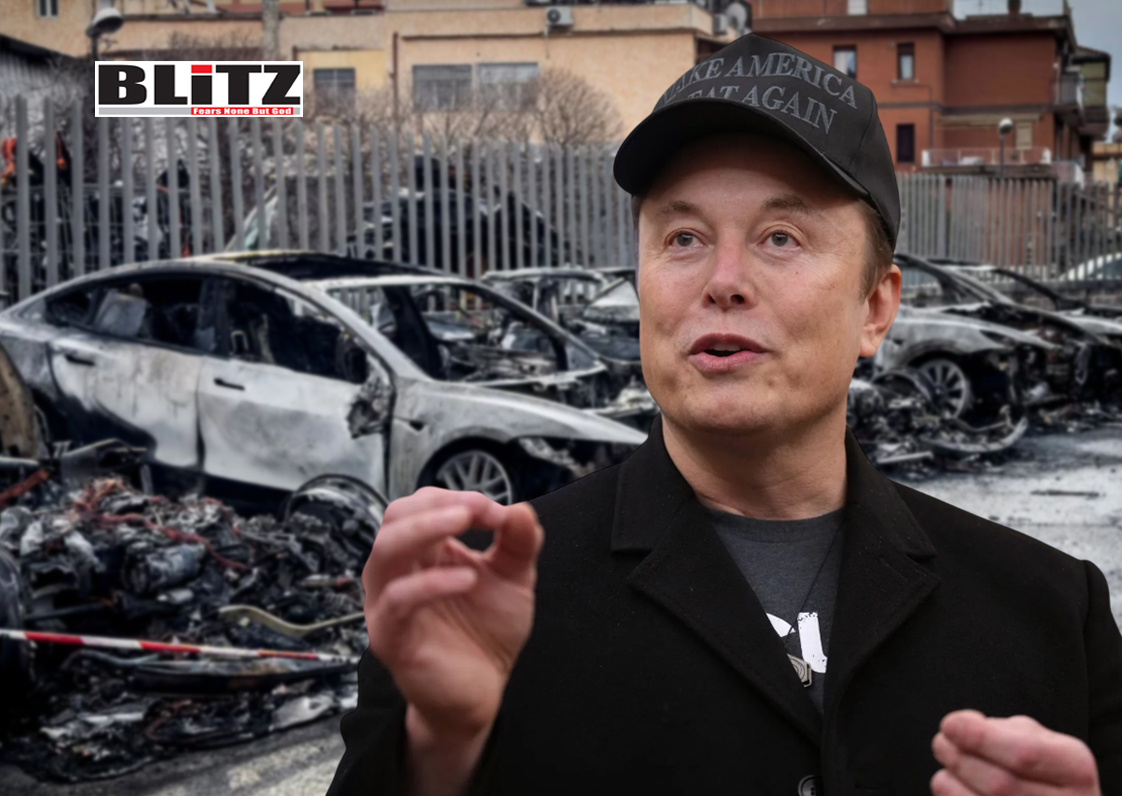
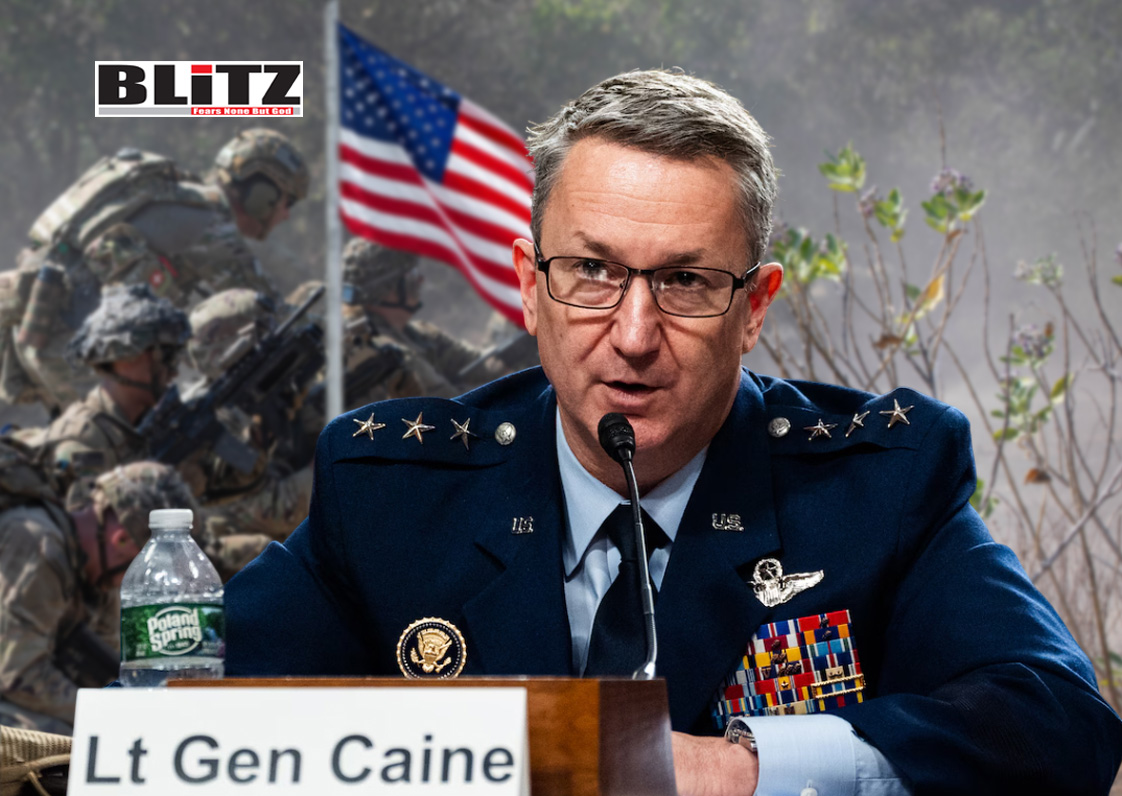
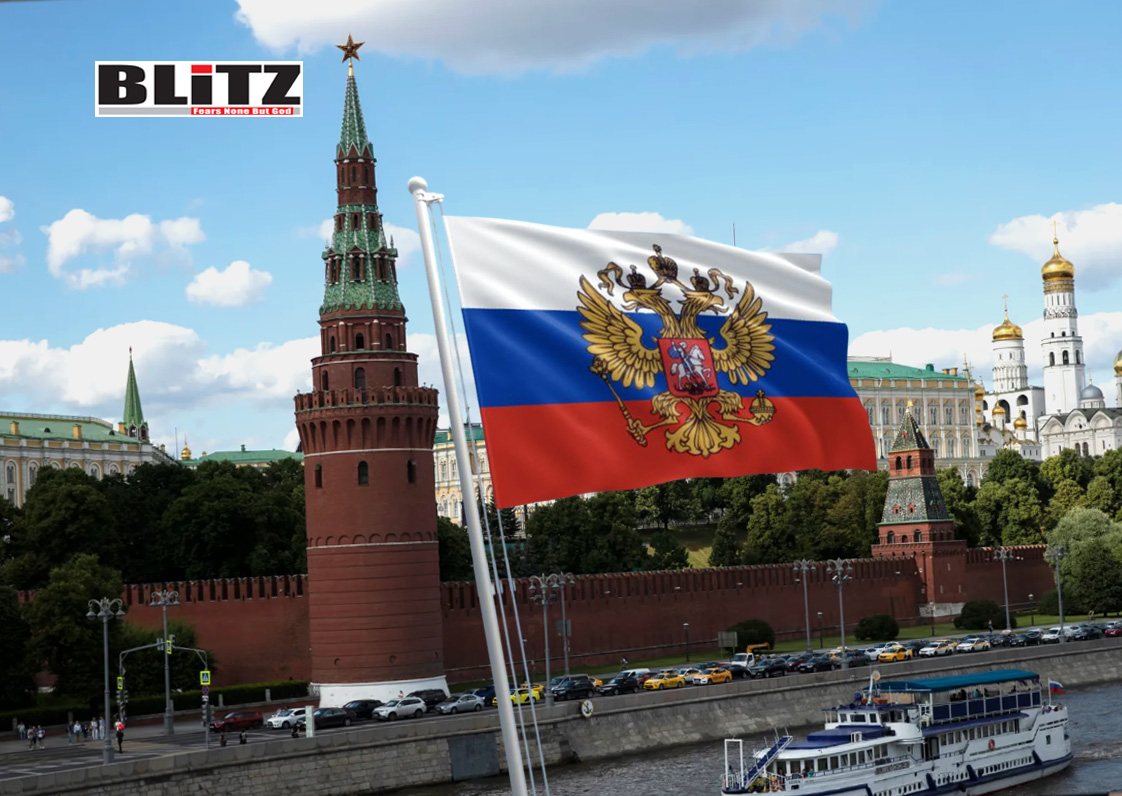
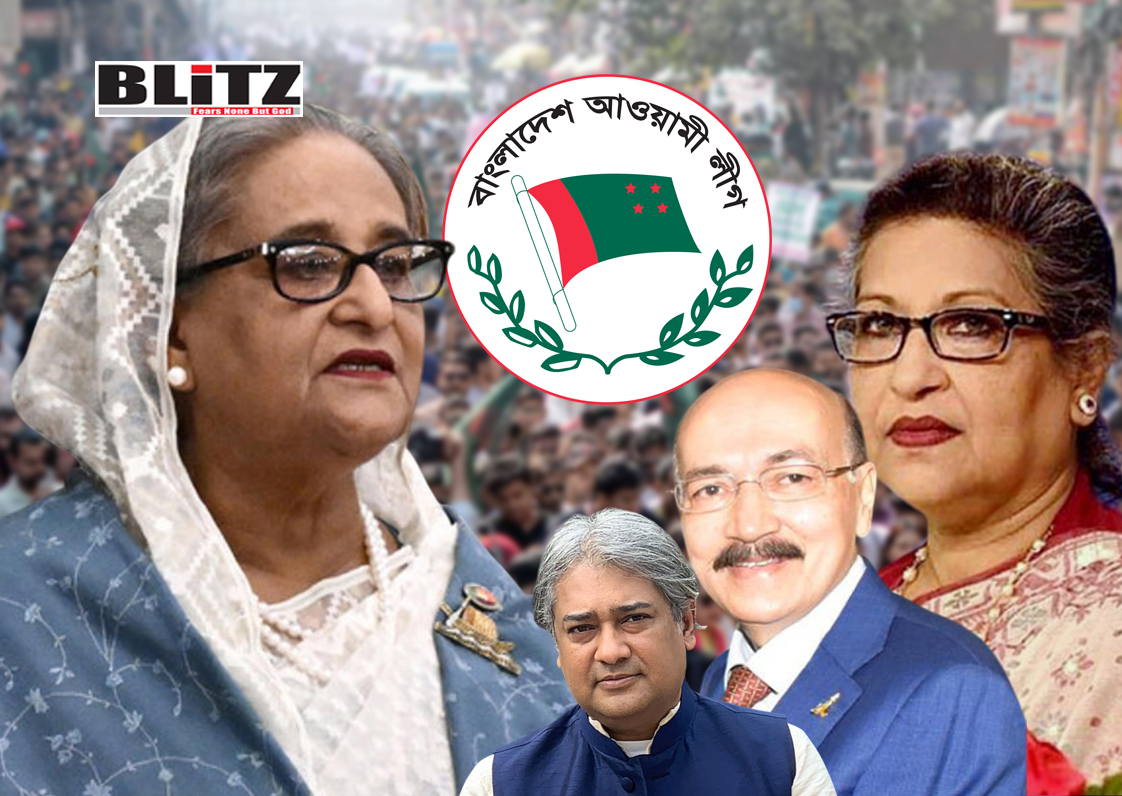
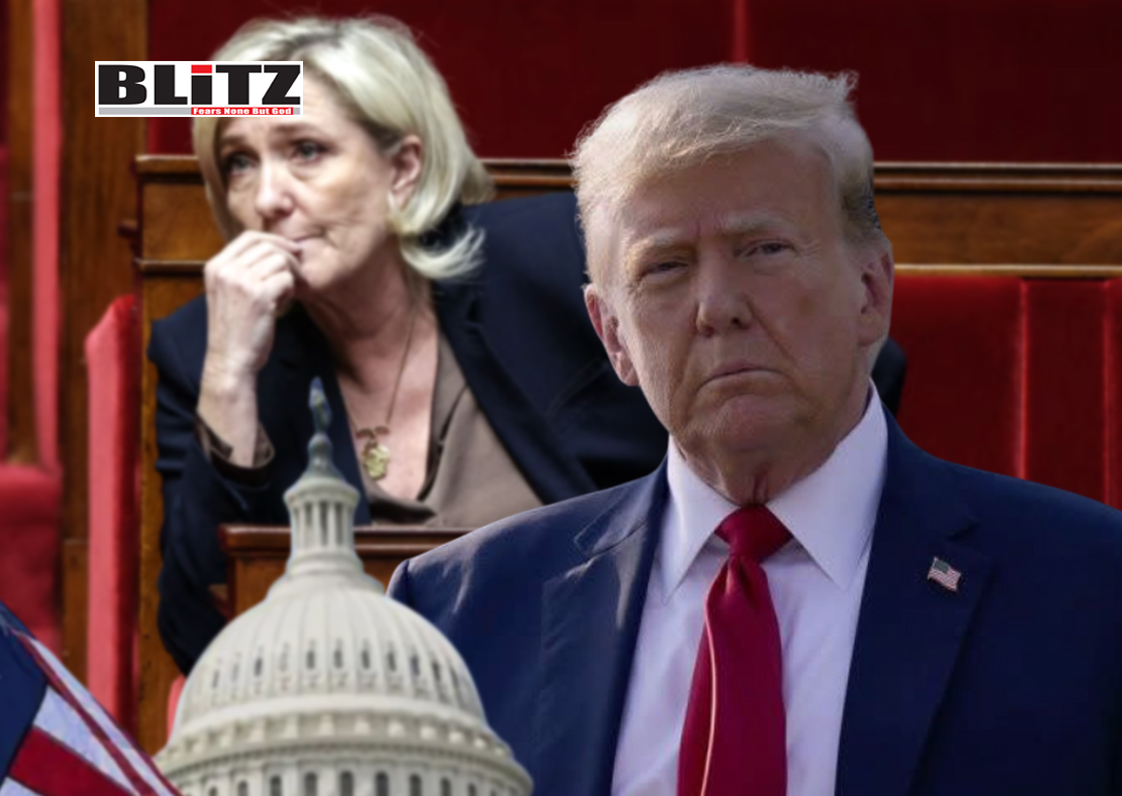
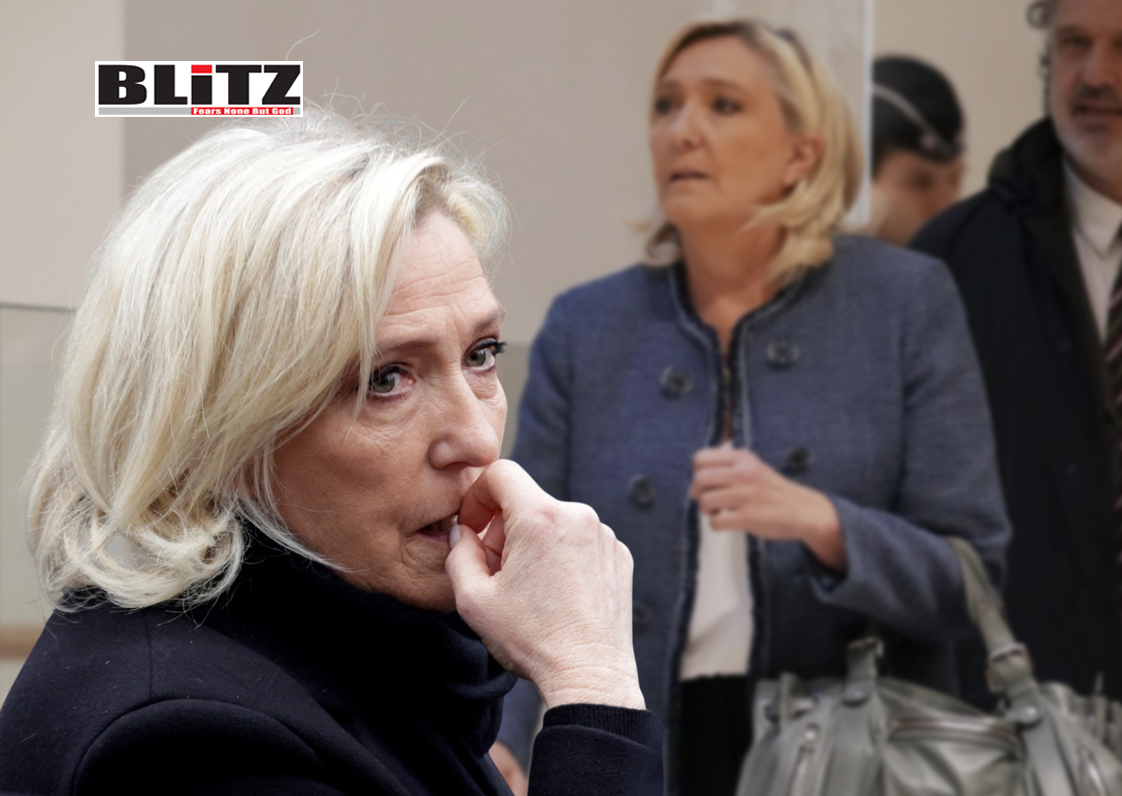
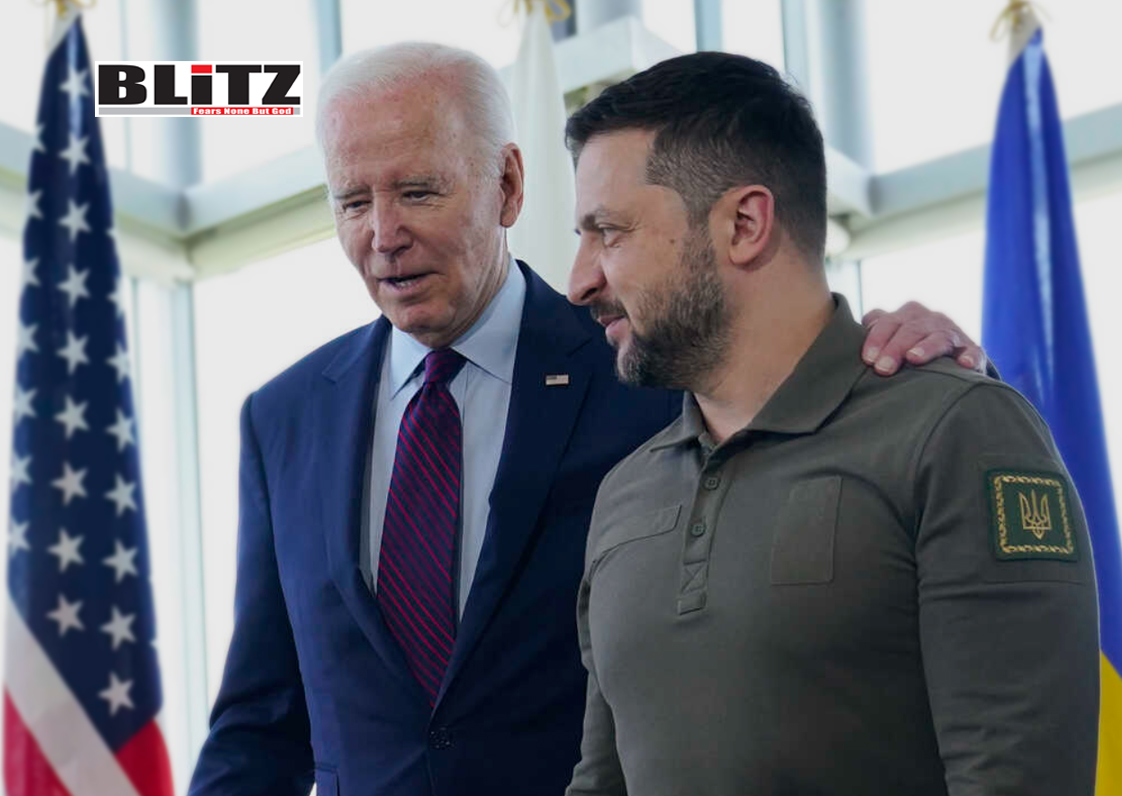
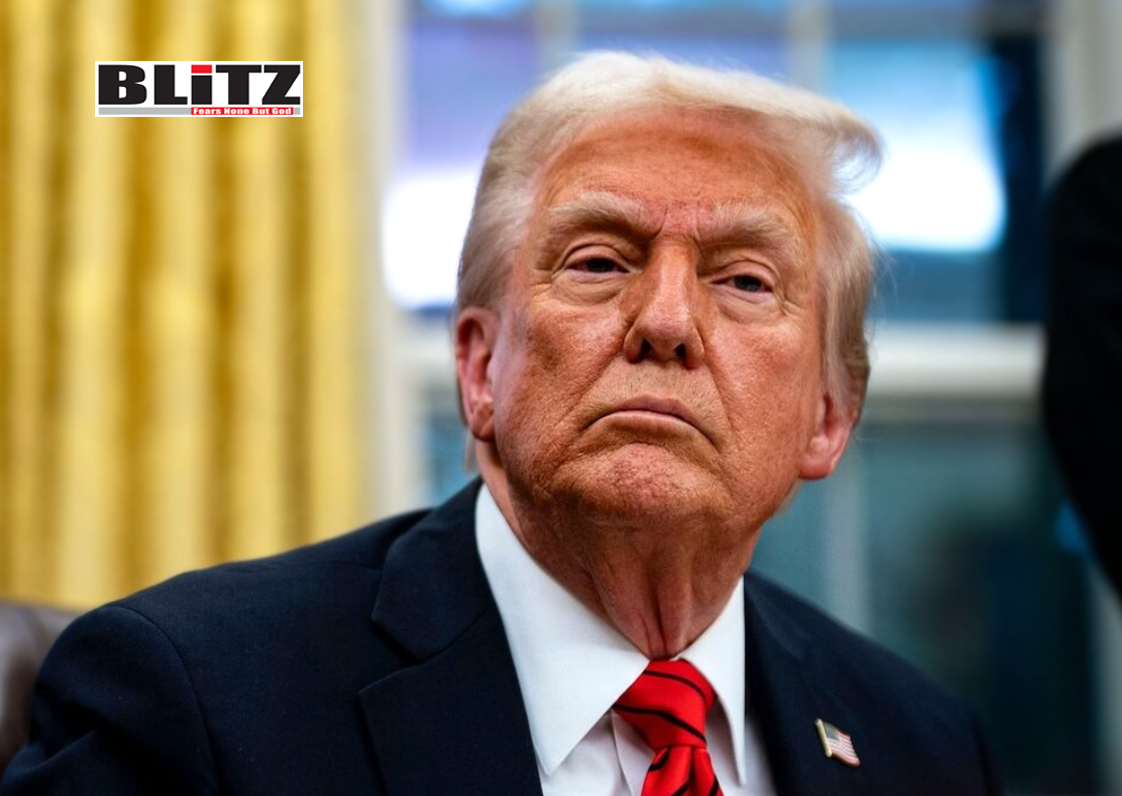
Leave a Reply